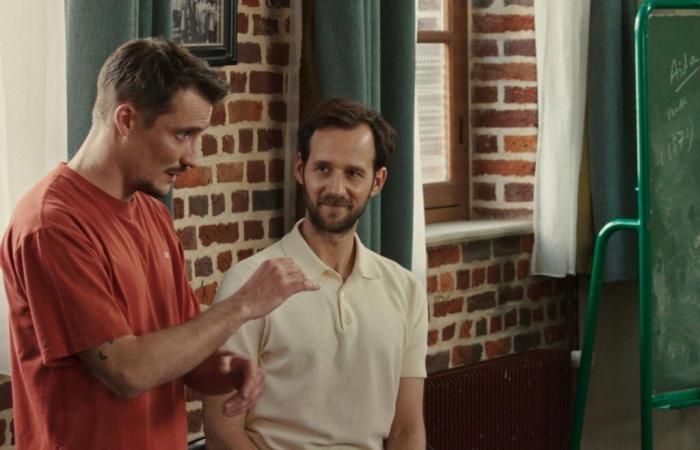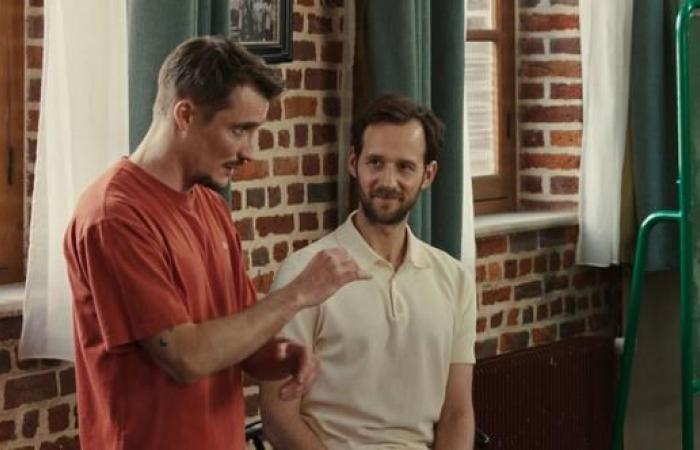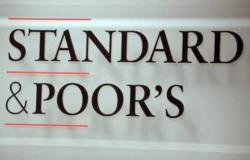THE “WORLD”’S OPINION – MUST SEE
In a country like France, which appears ever more divided since Jacques Chirac launched the theme of “social fractures”sociological comedy covers a very specific function. Not only show that there are social classes, but also try to reduce the distance that separates them, find common ground between them, promise a rapprochement, even a reconciliation.
To this unifying exercise, the effectiveness of which the Nakache and Toledano duo has already proven (Untouchables2011 ; The meaning of the party2017) and the limits (A difficult year2023), the fourth feature film by Emmanuel Courcol (A triumph2021) is not doing too badly. It even displays the good performance of a general public fiction without excess, thanks to clear line writing at the level of the characters. Taking music as his playground, he shows himself skillful enough to inject a few touches of social determinism and class distinction, pointing towards a sort of “Bourdieusism” light.
Thibaut (Benjamin Lavernhe), world-renowned conductor, faints in the middle of rehearsal, suffering from leukemia requiring a bone marrow transplant. His search for a compatible donor leads him to discover not only that he was adopted, but that he had a brother who experienced a completely different social destiny. Jimmy (Pierre Lottin) is in fact a canteen worker in the town of Walincourt, in the north of France, and plays the trombone as an amateur within the local brass band, which mostly plays Aznavour and Sardou.
The marrow transplant obviously serves as a pretext for another, much more acrobatic, transplant between the two brothers and, through them, the environments they represent and their fields of cultural legitimacy. Because after having saved the life of the bourgeois, the prole will ask him, in return, for his intervention to fish out the routed fanfare, and even, why not, to direct it.
Friction d’accents
The film starts from an enormous opposition between its two protagonists, one embodying great music, the other the popular flaunt, and whose patchwork immediately borders on a breakthrough. And yet, the film holds together, through its immoderate taste for the characters and a direction of actors which can be identified by the music of the words. Benjamin Lavernhe and Pierre Lottin thus engage in a friction of accents, one velvety Parisian, the other cheeky – a friction which makes it clear to what extent bourgeois speech is not neutral, but just as “marked”.
You have 41.26% of this article left to read. The rest is reserved for subscribers.







